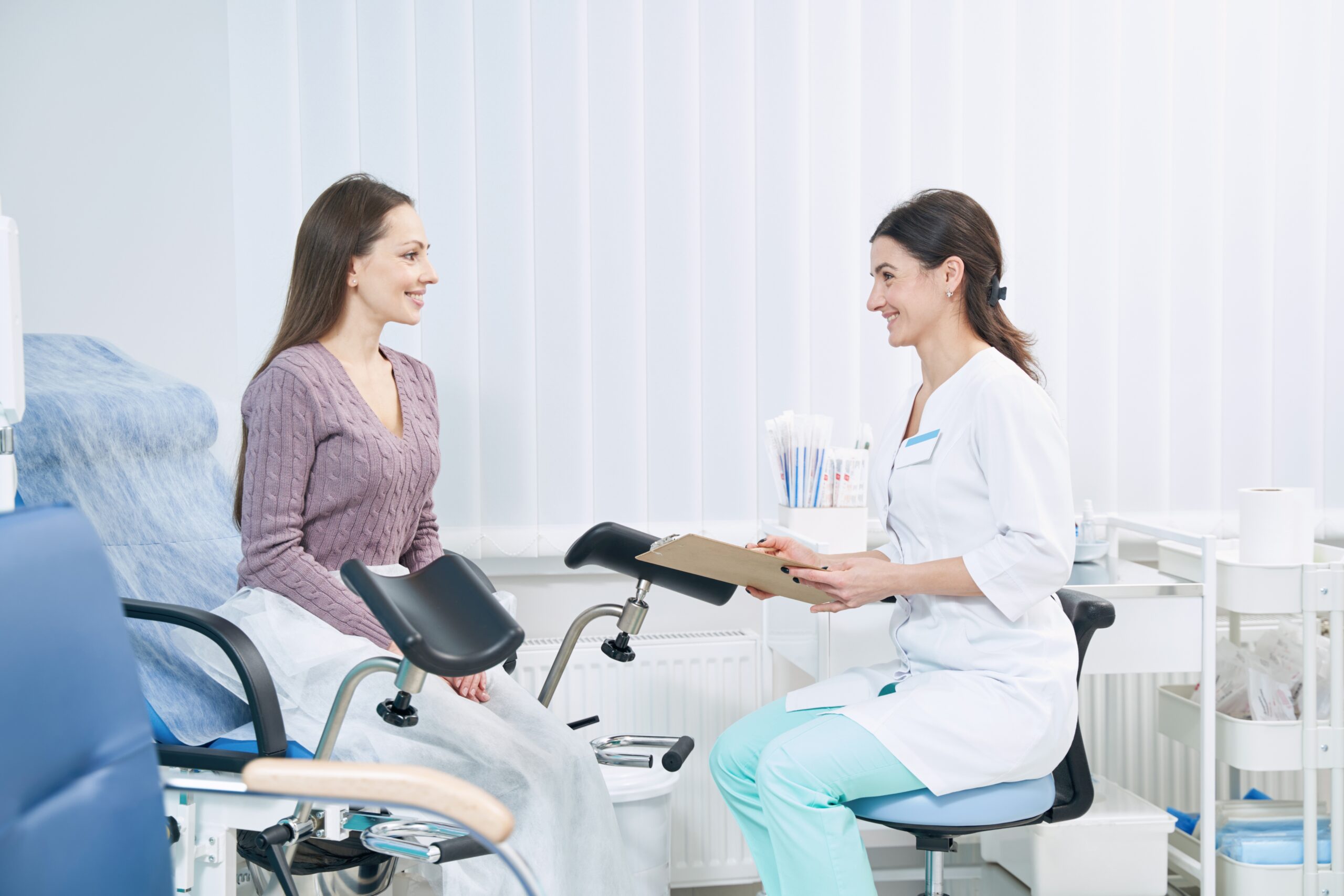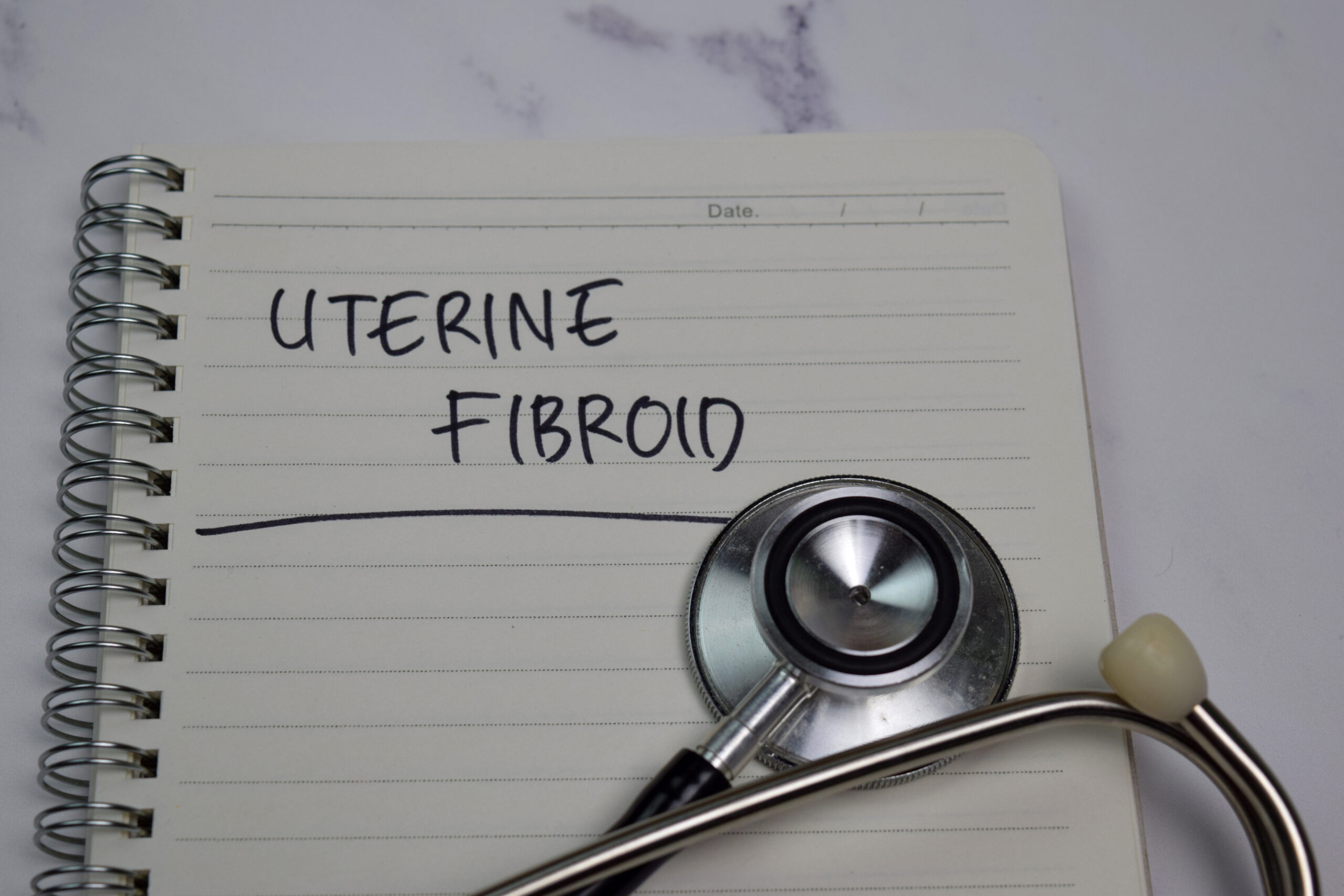Round ligament pain is a common discomfort experienced by many pregnant women. The round ligaments are a pair of ligaments that support the uterus and extend from the sides of the uterus to the groin area. As the uterus grows during pregnancy, these ligaments stretch and can cause pain or discomfort.
The pain typically manifests as sharp or stabbing sensations on one or both sides of the lower abdomen or groin. It may occur during sudden movements, such as coughing, sneezing, or getting up too quickly.
Here are some possible treatments and self-care measures that can help alleviate round ligament pain:
- Hydration: Dehydrated muscles and ligaments worsen aches and pains of pregnancy. Drink at least a gallon of water a day.
- Rest and change positions: Take breaks and rest frequently throughout the day. Avoid sudden movements and try changing positions slowly to minimize strain on the ligaments.
- Supportive garments: Wearing a maternity support belt or a pregnancy support garment can provide additional support to the belly and help relieve pressure on the round ligaments.
- Gentle exercise: Engage in regular, low-impact exercises, such as walking or swimming, as recommended by your healthcare provider. Exercise helps strengthen the muscles and ligaments, reducing the likelihood of pain.
- Hydrotherapy: Taking a warm bath can help relax the muscles and alleviate discomfort.
- Good posture: Maintain good posture throughout the day, as slouching or poor posture can strain the ligaments and exacerbate the pain.
- Pelvic tilts: Perform gentle pelvic tilting exercises to strengthen the muscles and alleviate pressure on the round ligaments. Try yoga “cat cow” movements, and other “hip openers”.
- Over-the-counter pain relief: You may take the over-the-counter pain medication acetaminophen (Tylenol) to manage mild pain. Do not take Motrin or Ibuprofen in pregnancy.
- Prenatal massage or physical therapy: Consider seeking the assistance of a certified prenatal massage therapist or a physical therapist specializing in pregnancy. They can provide targeted techniques to help relieve pain and discomfort.
Always consult your healthcare provider before trying any new treatments or remedies, as they can provide personalized recommendations based on your specific situation. If you are experiencing these symptoms and have questions, please contact our office to make an appointment.





